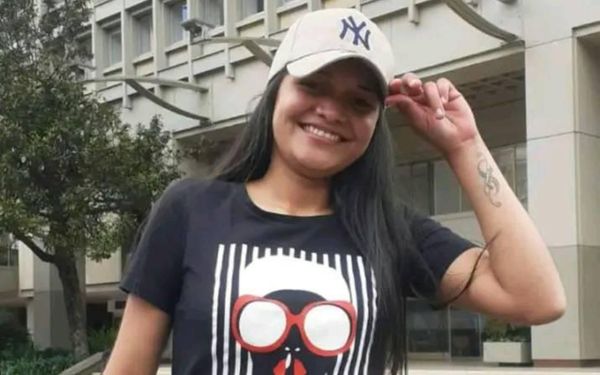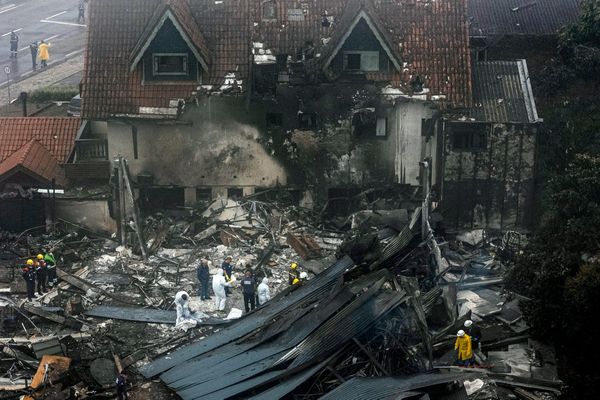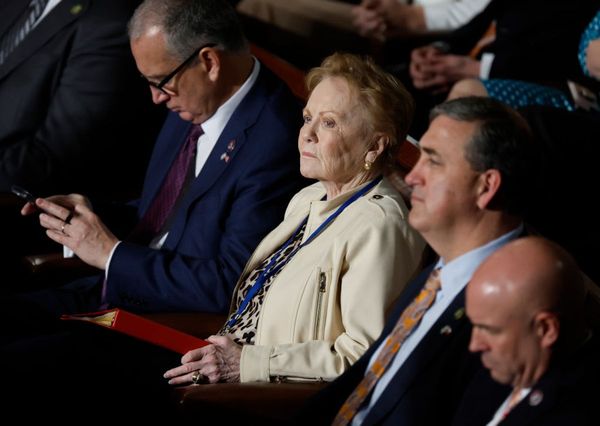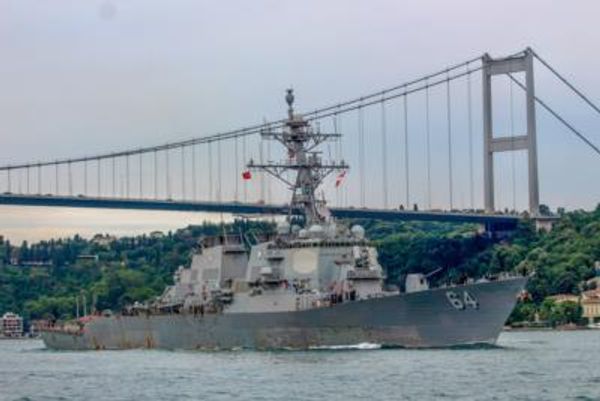Electric-vehicle leader Tesla (TSLA) and Chief Executive Elon Musk are in a comfortable position, but their ambitions are hindered by problems common to the entire automotive sector.
Supply chains have been disrupted for just over two years now by the covid-19 pandemic. Add in the chip shortage. These two headaches have forced carmakers to suspend production at some factories and rethink their supply chains.
All of it has left vehicle models at dealerships in short supply. For consumers, the supply-demand imbalance has bumped up vehicle prices. And the reservation lists at car manufacturers are so long that buyers must wait several months to get their vehicles.
Things are not about to get better since the sector is also confronted with soaring raw-materials prices, a problem that's deepened with Russia's invasion of Ukraine. The prices of metals like aluminum, palladium, graphite, cobalt and nickel -- which are critical to the production of vehicles -- have skyrocketed.
These metals help make catalytic converters, air conditioner condensers and other essential car parts. Nickel is used to make stainless steel and the batteries, which are the heart of an EV because they determine a vehicle's range and play a key role in its performance and security.
Securing Supplies of Raw Materials
Besides the parts shortages, raw materials are also becoming tougher to get. Russia, caught up with its war on Ukrainer, is a major exporter of nickel.
On this effort, Tesla and its charismatic CEO have so far made the difference. The company has particularly managed to make agreements with nickel producers, thus securing supply.
In addition, Musk and Tesla have just received what might be a big workaround to the Russia situation. An delegation from Indonesia came to Tesla's Austin headquarters to try to persuade the company and the billionaire to invest in the country.
This Indonesian delegation was composed of the country's coordinating minister for maritime and investment affairs, Luhut Binsar Pandjaitan, the ambassador to the U.S., Rosan Roeslani, the investor Anindya Bakrie, and other industry and business people.
"Had the opportunity to meet with Elon Musk accompanying the Coordinating Minister @luhut.pandjaitan with the Marinvest team, Ambassador @rosanroeslani and several business friends at the newest Tesla Gigafactory (1000 Ha) in Austin, Texas," Bakrie posted on Instagram, with photos of the visit with Musk, according to a translation of his text by TheStreet.
"Our goal is to convince Tesla to explore cooperation with Indonesia regarding the supply and processing of nickel as a raw material for making battery cells based on good and sustainable ESG (Environment, Social and Governance)," Bakrie said.
Here's the executive's retweet from Musk:
Announcements Soon
The Indonesian delegation also toured Tesla's gigafactory, which includes the vehicle assembly plant and the battery development plant. The group invited Musk to attend a B20 event in mid-November ahead of the G20, according to Bakrie. B20 will be a summit with business leaders.
He didn't say whether Musk committed to invest in Indonesian nickel.
Tesla, which no longer has a communications department, did not immediately respond to a request from TheStreet.
How does Tesla plan to secure raw materials required to scale to extreme size, Musk was asked during the first quarter earnings' call.
"This is something we think about quite a lot," the serial entrepreneur responded. "It depends what extreme size means, but ... [assume] if looking at, say, the 5, 10, 20 million vehicle levels, you really have to analyze the macroeconomic. ... Just what is the tonnage of lithium that you need, of nickel, of iron phosphate, of graphite, separators, electrolytes, that look like ... Really think of just macro tonnage."
He added: "So we're looking carefully at all of the raw materials and trying to figure out how we can accelerate the total amount of raw materials needed to transition the world to sustainability. And I think that we don't have enough time on this call to really go through all those details."
Musk concluded: "We're all thinking about these things and we think we'll have some exciting announcements in the months to come."
Concerns About the Environment
An investment deal in Indonesian nickel could allow Tesla to further secure its supply of this important metal, but it could also attract strong criticism from environmental activists.
Indonesia is a major producer of nickel, and the government is working to expand mining and refining. The country signed a $9.8 billion agreement with the South Korean group LG to produce lithium batteries, intended for electric vehicles. Lithium batteries require nickel.
But these ambitions do ecological damage, militants and activists say.
For example, fishermen in the Obi Islands, Indonesia, blame nickel mining and smelting industries for the scarcity of fish in their traditional fishing grounds.
According to researchers, the pollution has turned coastal waters into a "mud puddle" due to high levels of heavy-metal contamination.







